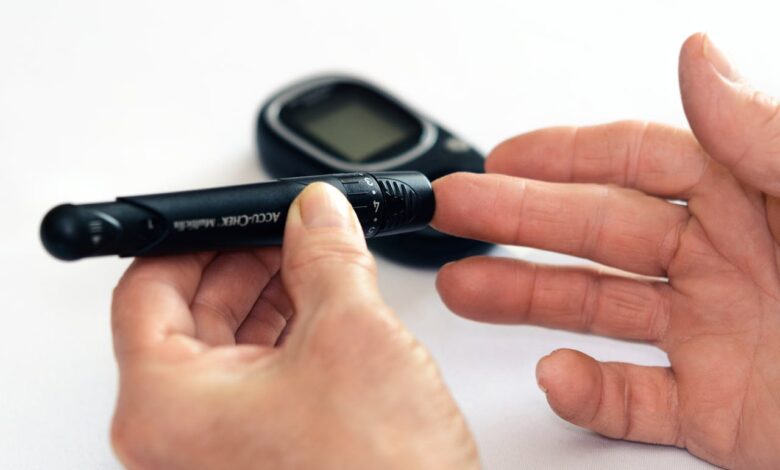INTERACT4 Trial: New Data to Revolutionize BP Control in Acute Stroke

Data is to play a crucial role in controlling blood pressure (BP) during acute stroke. New research from the INTERACT4 trial reveals it can change current medical guidelines. The study was presented at the European Stroke Organization Conference (ESOC) and published in The New England Journal of Medicine. It reveals that early blood pressure reduction has different effects and basically depends on the type of stroke.
Patients with hemorrhagic stroke and low BP can quickly get benefits. Brain bleeding can be reduced and survival is to improve with increased quality of life. It can also decrease the need for surgery and simultaneously the risk of infections.
Dr. Craig Anderson from the George Institute for Global Health and the co-author of the study said that it is the first time randomized evidence supports the BP control before reperfusion in ischemic stroke patients. The findings challenge the current guidelines and recommend keeping systolic blood pressure below 180 mm Hg in the patients.
More than 2,000 patients were studied in China. All had suspected acute stroke and high blood pressure. They were assessed within two hours of symptom onset and thereafter randomly assigned either the usual care or the immediate blood pressure-lowering treatment. It was found early blood pressure control significantly helped hemorrhagic stroke patients but simultaneously it was harmful to those with ischemic stroke.
Lowering BP before hospital arrival increased the risk of poor outcomes in ischemic stroke patients. Current guidelines recommend reducing BP to prevent complications during thrombolysis. Hence, the new trial is a matter of debate. Dr. Anderson suggests that the results might make doctors more cautious about lowering BP in such cases.



